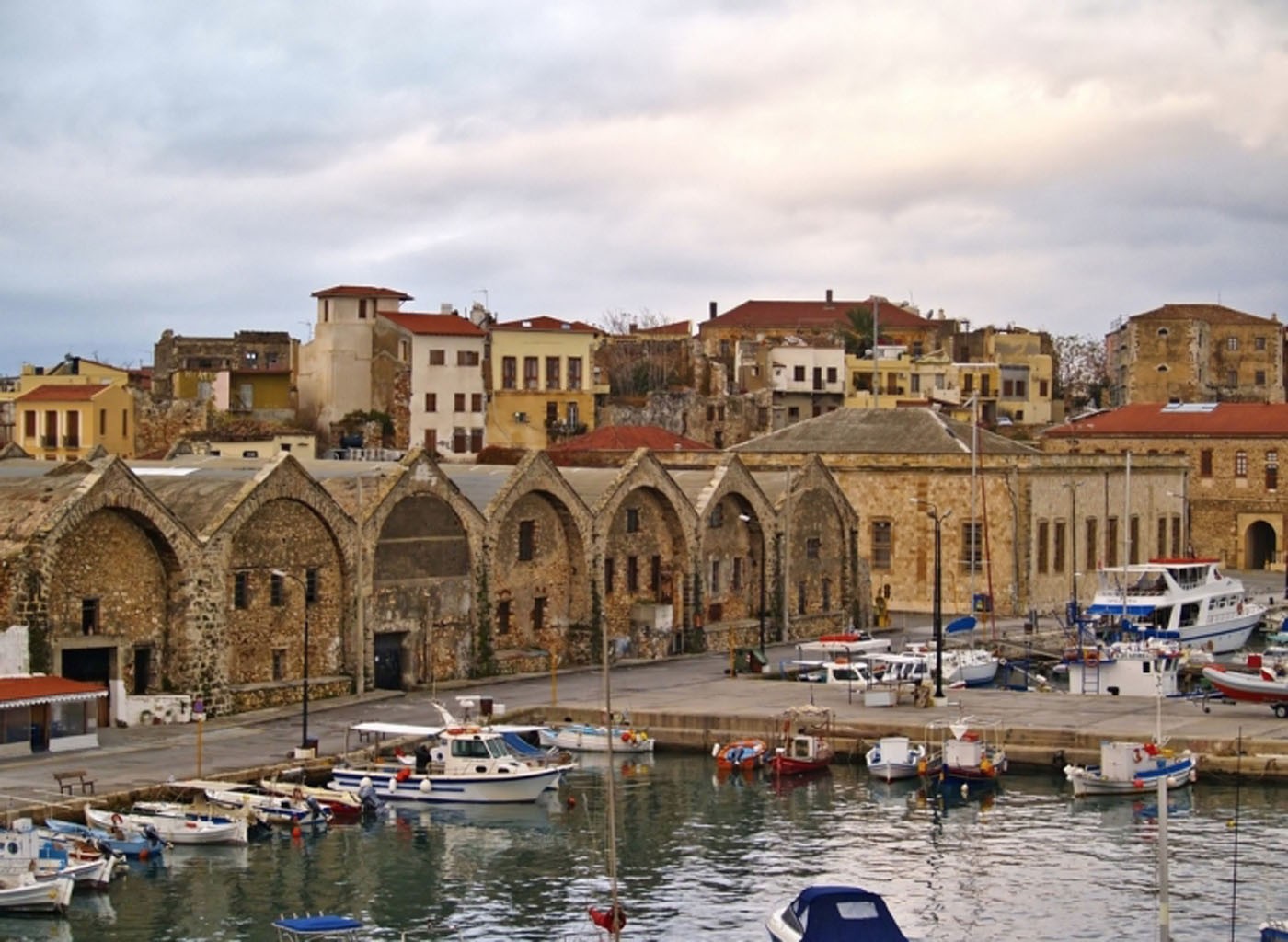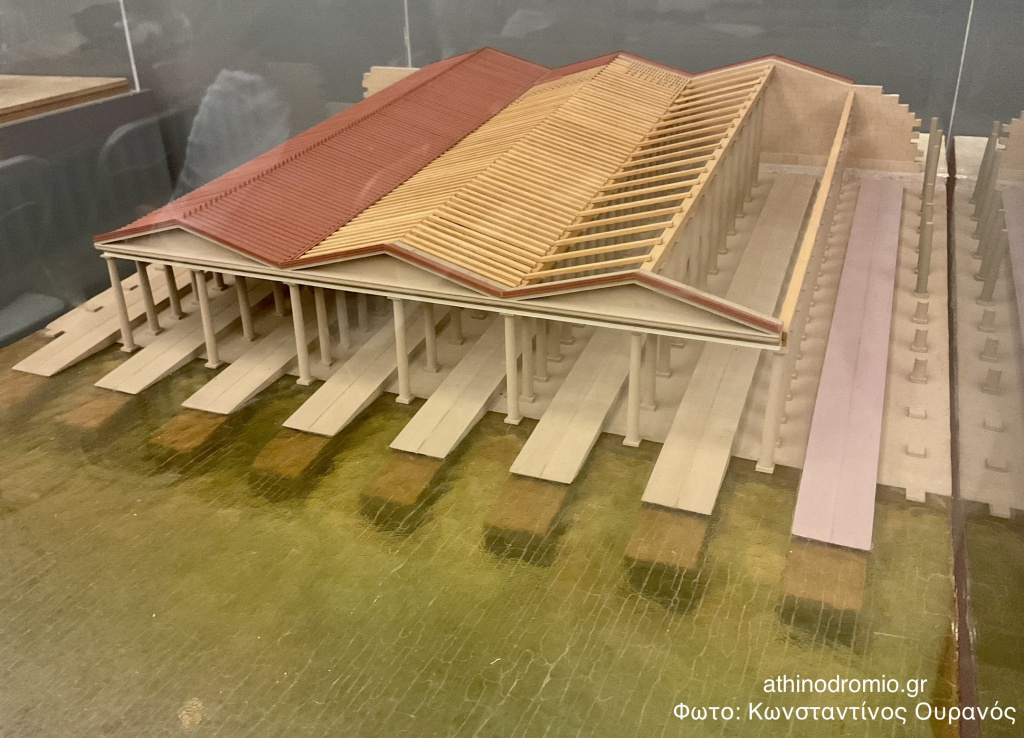Adrianople, December 1363
Sultan Murad I moved the capital of the Ottoman state to Adrianople from Bursa, a sign of the increasing importance the Ottomans were now placing to Europe, where earlier in the year the Ottomans had captured Philippoulolis given away to the Bulgarians during the Byzantine civil war and Didymoteichon. As for emperor Ioannis V, the basileus instead of taking on the Ottomans had found it a better idea to invade Bulgaria too capturing Anchialos and putting Mesembria under siege...
Venice, January 1364
News of the Cretan revolt had reached Venice the previous September. An attempt to reconcile with the Venetian colonists on the islands had failed causing feverish military and diplomatic activity by the republic to deal with the rebels. As an army and fleet were being prepared Venetian envoys had gone off to the papacy, Genoa, Naples, Cyprus, Hungary, Constantinople and Sicily demanding that no aid would be given to the rebels. Most responses, had been positive, with the pope even proclaiming a crusade against the rebels, with two ominous exceptions. King Louis of Hungary had refused to receive the Venetian envoys. Alexandros II in Syracuse had accepted them but had also received envoys from Crete at the same time asking for Sicilian protection. When the chief Venetian envoy had threatened him if he did anything of the short it had not been received all that well...
Brno, March 1364
Louis I of Hungary, met with Charles IV of Bohemia and Rudolf IV of Austria signing a treaty that finally put at an end the conflict that had arisen from their alliance against the patriarch of Aquileia, a Hungarian ally. As soon as the treaty was signed Louis was on his way south.
Venice. April 10th 1364
A fleet of 33 war galleys and even more merchant ships carrying 2,000 infantry and 800 horse under
Luchino Dal Verme left the lagoon. It would take four weeks to reach Crete.
Crete, May 7th, 1364
The Venetian army landed in Fraskia bay, to the west on Candia and advanced on the Cretan capital. The city would fall within three days, most of the Venetian colonists would refuse to fight against the motherland and the Greeks were to few to hold out on their own. Marco Gradenigo, the governor of the republic of Saint Titus executed. But the quick victory did not mean the revolt was over. The Venetians would move out of Candia to capture the other cities of the island as the remaining rebels took to the mountains to continue resisting.
Venice, June 1364
The news of the victory in Candia had been greeted with large celebrations in the city. But the celebrations would be cut short when news were received that king Louis of Hungary had declared war against Venice from Zagreb and his army was on the march to invade Dalmatia and Venetia proper. By late July Louis would put Treviso under siege.
Francesco I da Carrara the lord of Padua with the Hungarian army devastating his territory and the Venetians refusing, or unable, to provide aid would ally instead with the Hungarians and declare war against Venice as well.
Messina, July 1364
Alexandros II Doukas Lascaris boarded his flagship. Two dozen Sicilian galleys and an army of 4,000 men were heading east, the largest Sicilian force since the time of the war against the Angevins. More galleys and troops were already gathering in Piraeus under Alexios Gryphon. Yet more troops were mobilizing in the Peloponesse and Central Greece.
Chalkis, August 1364
Four thousand men under Ioannis Buas crossed into Euboea putting the capital of Chalkis, Negreponte for the Latins under siege. The local Latin lords and the Venetian garrison could barely place a quarter as many men. Thus holing up in their castles and Chalkis formidable fortifications was the only possible solution...
Methone and Corone, August 1364
The two fortresses had been called "the eyes of the republic" since the Venetians had seized them in the aftermath of the 4th crusade. Since then they had rarely been seriously threatened, even during the reconquest of the Morea Lascarid armies had scrupulously avoided them. But now the tensions simmering between Sicily and the Serenissima for decades had finally broken out to all out war. Michael Rallis led an army of four thousand men against them.
Syracuse, September 1364
Adrienne Doukas Lascaris nee Palaiologos gave a grunt as her namesake virtually jumped on her. At twelve the younger Adrienne was getting too big too handle. "Grandma it's a boy!" she blurted out beaming all over. Now the elder Adrienne joined her in the smile. While she loved her daughter in law she had start to worry after Agnes and her son had had half a dozen daughters and no son. As for naming the young one? Theodore was a given...
Souda bay, September 12, 1364
Dal Verme after retaking Candia had marched on Rethymno retaking it after a short siege and then had moved on Chania. Chania, and Souda, stronger fortresses than Rethymnos had held out longer but in the end had also fallen with the Venetian army then turning against the Greek rebels that had holed up in the mountains of western Crete and Sfakia. His attacks with the numbers of his army swelled to nearly four and a half thousand men by feudatories switching sides back to Venice in hopes of securing their holdings had been met with not inconsiderable success. And then the Sicilian fleet under Alexandros II had shown up into Souda bay with 41 galleys. The Venetian fleet had come out to fight but had been defeated after and extremely hard fought action with the Sicilians losing ten ships and the Venetians fourteen before an enterprising Venetian captain
Vettor Pisani had managed to effect a breakout and escape east with the surviving ships. But that meant the Sicilians now had a secure port in Souda and their fleet was now unopposed.
Apokoronas, Crete, September 17, 1364
Alexandros II had landed a little over six thousand men as Souda. His initial plans to march west against Chania had been changed as over six hundred Sfakia rebels under Constantine Skordilis "carrying swords the Greek way and going nowhere without their bows" as a Venetian chronicler had described them had flocked to his army bringing with them news that Luchino Dal Verme and his army were nearby trying to subdue the rebellious Sfakia villages. Dal Verme had tried to retreat towards Rethymno but the Sicilians had caught up with him thanks to local guides. in the ensuing battle the severely outnumbered Venetian army would be crushed with over three thousand men killed, the Cretans in Alexandros army were not much in the mood of taking prisoners. Chania, already besieged by Gryphon would surrender 6 weeks later as Alexandros marched east to besiege Rethymno which would surrender in December.
Avignon, October 1364
Pope Urban V was in a bind. He was on friendly terms with Venice having ecommunicated the Cretan rebels and even proclaimed a crusade against them. But in Italy he very much needed the support of Louis I of Hungary in particular given the continuing Papal war against Bernabo Visconti and now Louis was at war with Venice had rejected the popes attempt at mediation and was even insisting on papal support against Venice. He could not turn against Hungary in support of Venice but he didn't want to completely alianate Venice either. Fortunately the Lascarid ruler offered a convenient scapegoat. The Hungarians it could be argued with a straight face were fighting a separate war with Venice that happened to coincide with the Cretan rebellion. The Sicilians were outright supporting the rebels Urban had excommunicated and proclaimed a crusade against. On these grounds Urban excommunicated Alexandros II and placed Sicily under interdict. By this time it was starting to grow so common many Sicilians could not remember when their island was not under interdict. Unfortunately for the papacy putting Sicily under near constant interdict these was not working out all that well with the Greek rite making continuous inroads and sects like the Fraticelli gaining ground in the Catholic parts of the population...
Nicosia, December 1364
King Peter I of Cyprus was back in Cyprus and not happy at all. His plans for a crusade were falling apart with the king of Hungary instead of fighting for Christ, attacking Venice and the schismatics in Crete rising up with the Sicilians, a bunch defying the true church for the past three generations jumping in. It was his duty to do something about it. Even his father had recognized as much two decades ago even though he had not had his heart on it...




